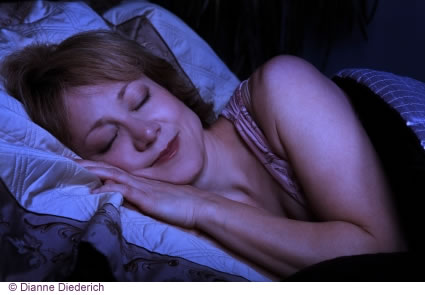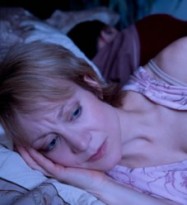 Tired? Scientists have discovered another possible benefit of a night of restful and uninterrupted sleep.
Tired? Scientists have discovered another possible benefit of a night of restful and uninterrupted sleep.
According to a new study led by researchers at the Johns Hopkins Bloomberg School of Public Health fragmented or interrupted sleep could predict future placement in a nursing home or assisted living facility. The study is featured in the July 2012 issue of the Journal of the American Geriatrics Society and outlines the association between objectively measured sleep and subsequent institutionalization among older women.
“Sleep disturbances are common in older people,” said Adam Spira, PhD, lead author of the study and an assistant professor with the Bloomberg School’s Department of Mental Health. “Our results show that in community-dwelling older women, more fragmented sleep is associated with a greater risk of being placed in a nursing home or in a personal care home. We found that, compared to women with the least fragmented sleep, those who spent the most time awake after first falling asleep had about 3 times the odds of placement in a nursing home. Individuals with the lowest sleep efficiency—those who spent the smallest proportion of their time in bed actually sleeping—also had about 3 times the odds of nursing home placement.” The authors found similar patterns of associations between disturbed sleep and placement in personal care homes, such as assisted-living facilities. Sleep duration per se did not predict placement in either of these settings.
According to the Centers for Disease Control and Prevention, insufficient sleep is associated with a number of chronic diseases and conditions—such as diabetes, cardiovascular disease, obesity and depression. In addition, insufficient sleep is associated with the onset of many diseases and is responsible for motor vehicle and machinery-related crashes. Previous studies have also linked disturbed sleep with disability in older adults and impairment in activities of daily living and mobility. [continue reading…]


